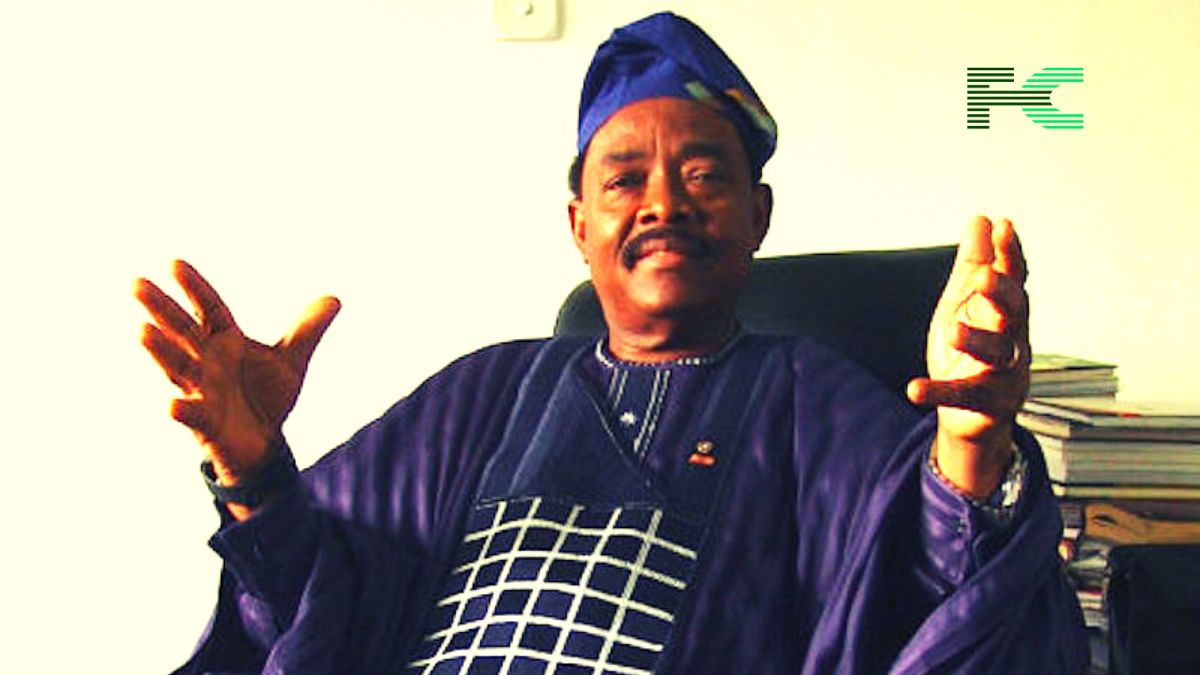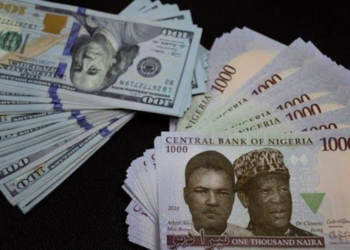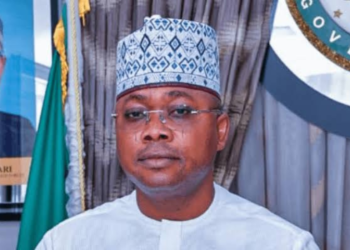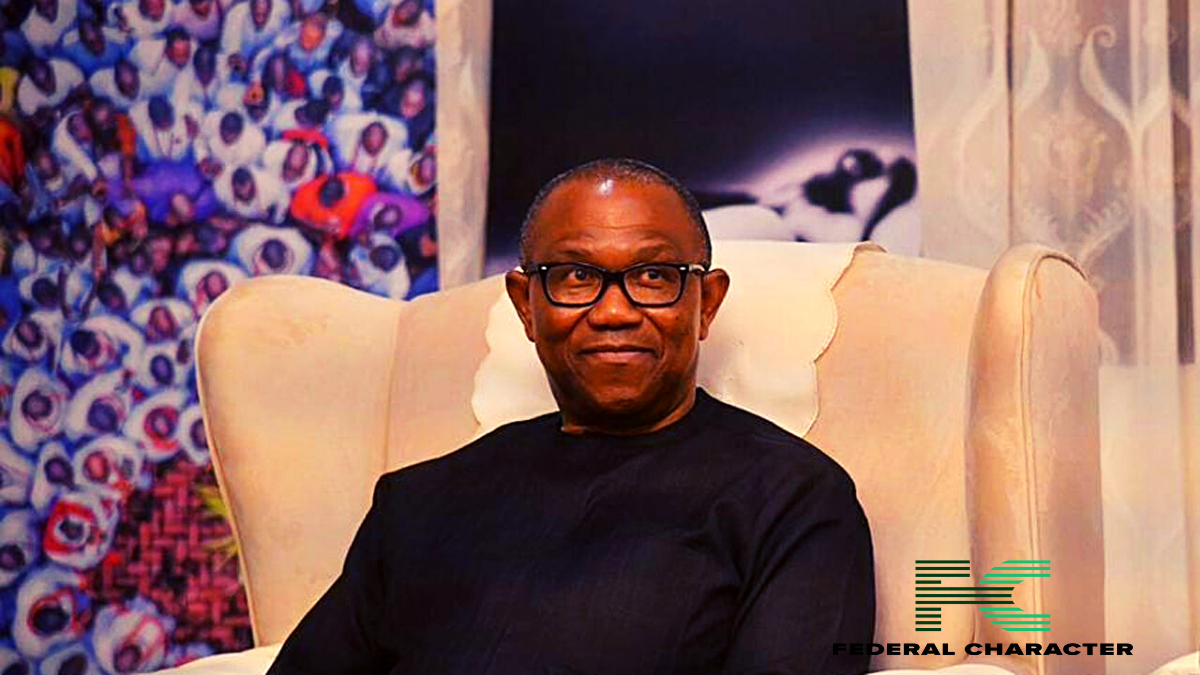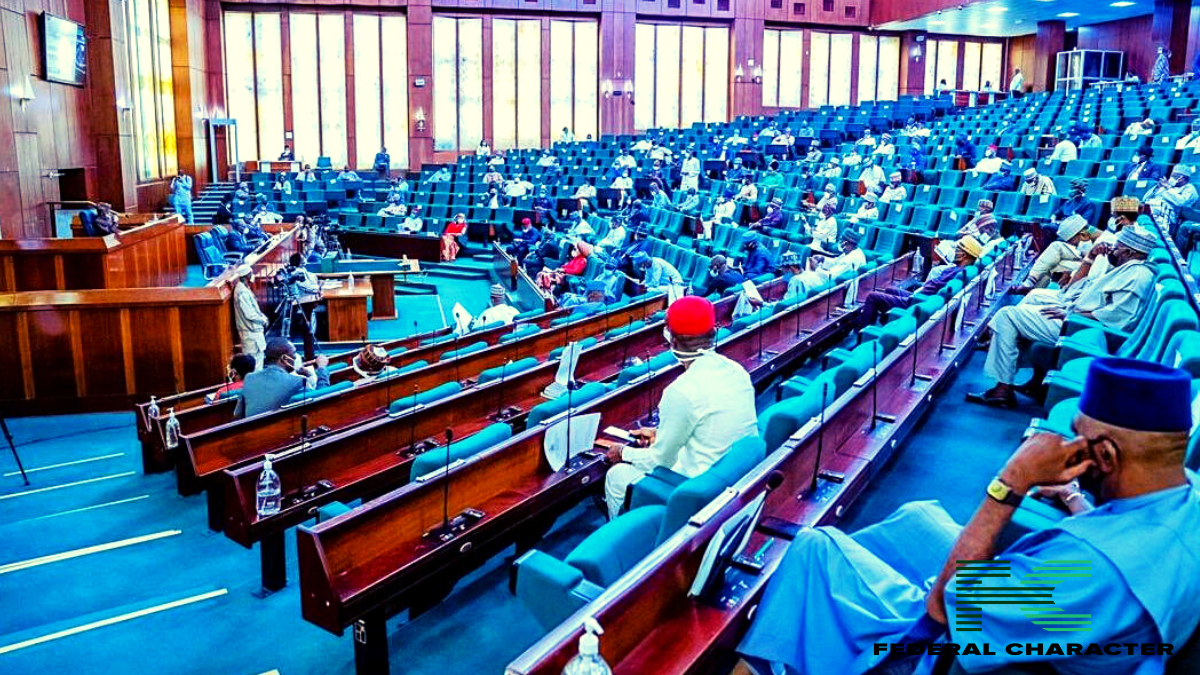In terms of the development of global production networks and global value chains, the Lagos Chamber of Commerce and Industry (LCCI) has stated that it anticipates a new national trade strategy that can adapt to these dynamics and new realities.
In Lagos during the opening ceremony for the 2022 international trade fair, LCCI President Dr. Michael Olawale-Cole stated that the organization is devoted to the current administration’s agenda of economic diversification and self-reliance.
He stated that to increase revenue for both the public and private sectors of the Nigerian economy, the Chamber recognized the need for non-oil sector development and the necessity to add value to our basic products.
According to Olawale-Cola, this trade show offers a venue for locating non-oil options and emphasizes the need for value addition.
He added that we need to do a lot more to attract more private money into the Nigerian economy. Trade fairs are one way to stimulate economic and commercial activities. In this regard, our institutions must be investor-friendly and our economic and investment policies must be sound. The structural, institutional, policy and regulatory problems preventing the growth of the private sector must be resolved.
He claimed that the organizing theme for the 2022 edition of the Lagos International Trade Fair is “Connecting Businesses, Creating Value.” According to him, the topic emphasizes the value of networking and building partnerships across firms in order to create money. The primary goal of the Trade Fair, which is also emphasized by the theme, is the importance of relationships between manufacturers, service providers, and end users.
He claimed that despite the economy’s recovery from the Covid-19 pandemic, current adjustment to shocks from the Russia-Ukraine war, and most recently shocks from climate change in the form of severe floods across the nation, the economic conditions have been difficult.
While the Nigerian economy has seen exceptional growth this year, indicating a prolonged recovery, there are growing concerns about a recession, food insecurity, and additional effects of climate change.
The Governor of Lagos State, Babajide Sanwo-Olu, noted in his introductory remarks that the State has continued to make enormous gains by creating and putting into action Policies, Programs, and Projects that have influenced and sparked economic growth in the State.
These improvements were made to facilitate and promote investment in the development of a quality workforce for the various categories of enterprises in the State.
The majority of the businesses taking part in this fair, according to him, are MSMEs, which are the cornerstone of sustainable development in the majority of international economies.
This industry is the driving force behind Nigeria’s industrial and economic growth, and in Lagos State, MSMEs have made a substantial contribution to job creation, value addition, income production, and appreciable poverty reduction.

